A smile stretched widely on Brandon Fuentes’ mouth as he held out a small branch. He stood in a spot he’s spent a lot of time at in a previous position at Sacramento Zoo. His smile hints at how much he enjoys the interaction with the giraffe reaching her head toward him.
Some of his favorite “folks” at the Sacramento Zoo — where Fuentes works as special projects coordinator and registrar — include the giraffes. One of Fuentes’ first paid positions was to help manage the giraffe encounter program. For zoo employees stationed there, the encounters involve closely interacting with the animals twice a day for an hour and a half at a time.
“They hold a special place in my heart because it’s the animal I worked most closely with. I spent quite a bit of time on the feeding decks with the giraffes,” Fuentes said. “I learned each of their personalities. You don’t think of a giraffe being very personable or having a distinct personality, but they really all do. They’re all their own giraffe.”
The zoo houses orangutans, chimpanzees and other small species of primates, but doesn’t house gorillas. Fuentes, a zoology major at City College, said it would be a dream to get more involved with them.
“If I could go work with any species in the world and go do on-the-ground conservation, I would love to fly out to Africa and be able to work with those guys. For some reason, it’s just I’ve always been drawn to them,” Fuentes said. “The social dynamics are just really interesting in their social groups—really [for] any of the great apes.”
Fuentes has worked with the zoo in some capacity for nearly 13 years. Fascinated by animals from a young age, his affinity grew throughout his life. At the age of 16, he began exploring a career working with animals at the Sacramento Zoo.
“I just wasn’t sure exactly what I wanted to do. I really started to think more about what the future holds and what’s the next step. Whatever I can learn about animals is going to be beneficial to me moving forward in my career,” said Fuentes. “So I was able to get my feet in the door at the Sacramento Zoo starting with their teen volunteer program that they had called Zoo Teens. That was kind of the natural fit for me and it fit hand in hand with my career goals.”
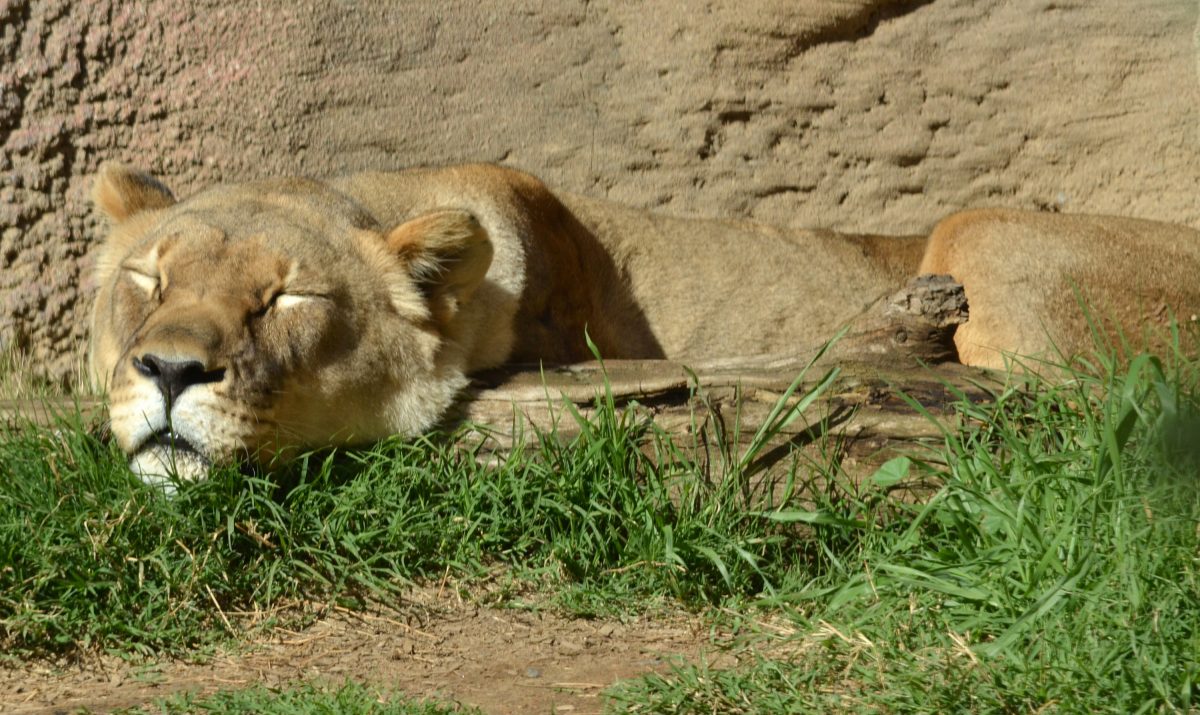
According to Fuentes, Zoo Teens act as junior docents who’d work at the zoo on weekend days. Young zoo enthusiasts age 13-19 set up education stands throughout the zoo to engage with guests.
“[The Zoo Teens] have a certain amount of hours to complete every month. There [are] usually free activities or crafts that are centered around a certain theme. [As a Zoo Teen] you’re able to kind of teach [visitors] a little something, help kids do a craft or something fun. We’re hoping to start those things up soon with things progressing through this year — vaccines coming on — we’re hoping to reignite some of those programs.”
Because of the COVID-19 pandemic, volunteer opportunities are currently on hold at the zoo. However, Fuentes said that adult docents continue to volunteer with adjusted schedules, given the zoo’s more limited hours.
“The range of material they can provide is a lot wider than the zoo teens. That program is going in place now.”
Over the last year, Fuentes hasn’t spent nearly as much time on grounds at the zoo as he did before the pandemic forced a series of zoo closures in 2020. He said that only employees deemed essential to the everyday care of the animals were allowed to enter the zoo. Even now, during operational hours, the staff has still been limited, with some employees like those in his department working almost exclusively from home.
“It was an interesting time. March 13, [2020], under guidance of the California department of public health, we officially closed the zoo,” Fuentes recalled. “We just recently opened an alligator exhibit at the zoo earlier this year. [Initially,] while the zoo was trying to figure out what was going on, they asked me to stay home. I would say I was home not doing any work for about two weeks.”
About two weeks into the closure, Fuentes said he was able to work on-site approximately 5-10 hours per week. Eventually, Fuentes was asked to resume a full-time schedule.
“There were a lot of moving parts, and they had to figure out what was the next step and how they were going to make it through an unknown amount of closure time,” he continued. “I work mostly based out of home right now from the home office. I do pop on the grounds for animal transfers or to check in on folks.”
Fuentes would love to one day sit on the leadership team of a zoo somewhere in the United States, perhaps as either CEO or COO.
“I worked hand in hand with our previous CEO, Kyle Burks. [He] kind of took me under his wing and started building some of my skills up, [he] gave me some opportunit[ies]. I was able to actually spearhead our 2017 [Association of Zoos and Aquariums] accreditation process,” Fuentes said. “They go through financials, physical facilities, staffing, everything you could possibly think of that goes into being a successful zoo. It really expanded my knowledge about zoos and the whole process.”
In his current position at the zoo, Fuentes does all the logistical planning any time animals are moved between exhibits or during zoo transfers. He also collaborates directly with both U.S. and California Fish and Wildlife departments to obtain legal permitting for all permanent residents of the zoo.
“I’m usually going along with the animal care experts on any animal transports. That means I’m going back and forth to other zoos, arranging all transports to make sure the animals get there safely and soundly, and that everything goes smoothly,” Fuentes said. “I also oversee our animal records system. We have records on all of the 450 animals we have, and I oversee all of that.”
Though Fuentes’ duties at the zoo occupy a lot of his time, he also recognized the necessity to pursue a degree that would allow him to move up in his line of work. He’s been able to steadily take classes while “chipping away” at a degree in zoology.
“About a year after I graduated high school in 2010, I got started [at City College]. [I’ve been] kind of taking classes on and off since then,” he said. “I had a lot of other responsibilities earlier in my life that kind of pulled me in a million different directions, so I did not get going through my schoolwork as quickly as I would have liked.”
Fuentes said he’s taken a variety of classes while working on his degree, including a course in sports psychology.
“I’ve grown up very athletic — very heavily involved in athletics as a kid,” he said. “Going a little deeper into the psychology was really interesting. Outside of my major tech classes, that one stuck with me the most.”
He said he’s felt the greatest impact from biology-related classes.
“All the bio classes definitely stick with me. I took molecular bio with Professor [Robin] Roffey. I really enjoyed her class. Something about her teaching style — her way of going about classes — really stuck with me,” Fuentes said. “As far as classes go, anything really bio biology related is fitting. Any animal, animal-bio plant-bio as well as animal behavior — any of those types of classes are really useful.”
Fuentes said it requires a fair amount of experience to work at any zoo. He recommends researching available volunteer opportunities and ways to gain experience before applying for any paid position, especially at the Sacramento Zoo. He said without hands-on experience, it’s difficult to find a paid position there.
“So many people want to work with these kinds of animals. It’s such a neat and unique job,” he said. “You really have to have something that puts you above the rest of the applicant pool. Go to your local zoo website, find a way to just get involved, get your foot in the door so they start to see you and start to know your face. Volunteer, volunteer volunteer!”
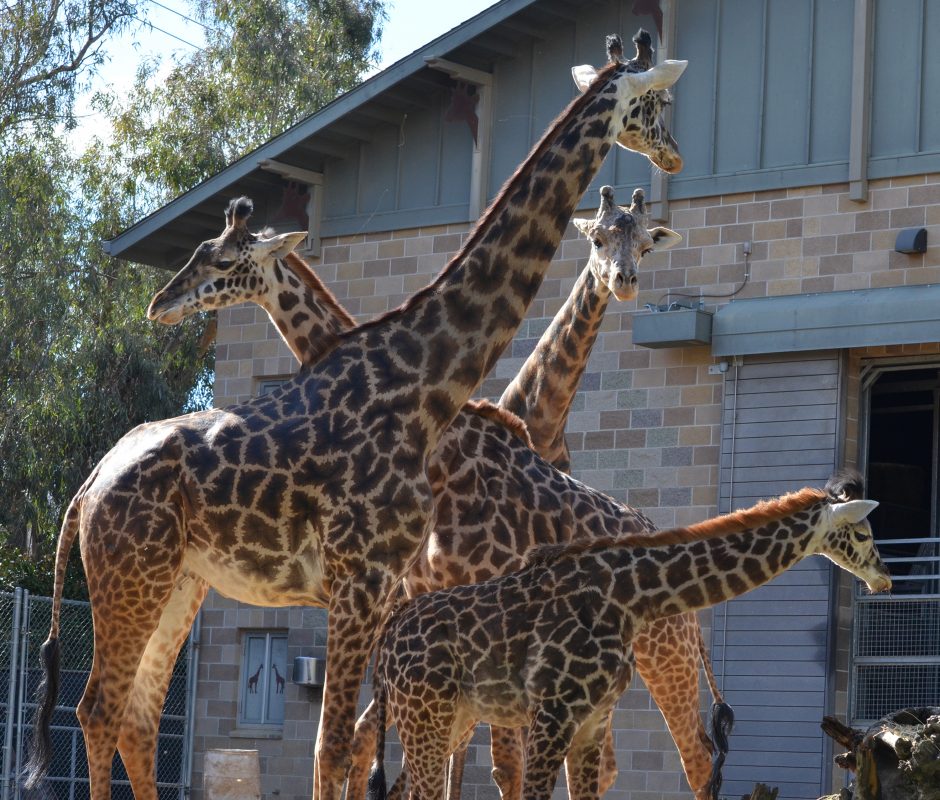
Getting involved with Sacramento Zoo has led Fuentes to feel a sense of making a difference. He calls it a rewarding career that has allowed him to work in conservation, which is important to him.
“I just think I think the field in general is a great field to get into. I think a lot of folks want to feel like what they’re doing for their life—dumping all these hours into work—that you really want to get something tangible out of it,” Fuentes said. “Hands-on work, helping the species, working towards keeping them from being endangered in the future, or bringing back some of those species that are on the brink of extinction.
“We’re not there just to put an animal in a box and make money off of it. That’s about this farthest from what our goal is. I think there’s a big misconception of what zoos used to be. Fifty, 60, 70 years ago, zoos were a very different kind of organization than they are now.”
The Sacramento Zoo in William Land Park is open from 9 a.m.–4 p.m. daily. Tickets must be purchased in advance for a specified entrance time.
For details, see: https://www.saczoo.org/visit/plan-your-visit/























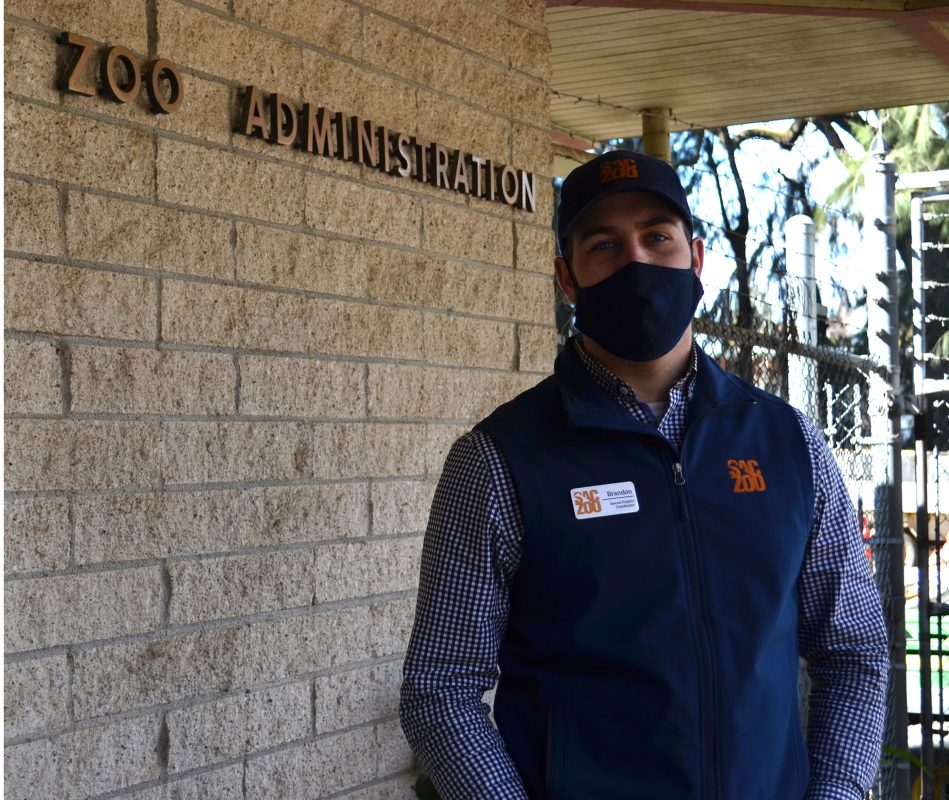
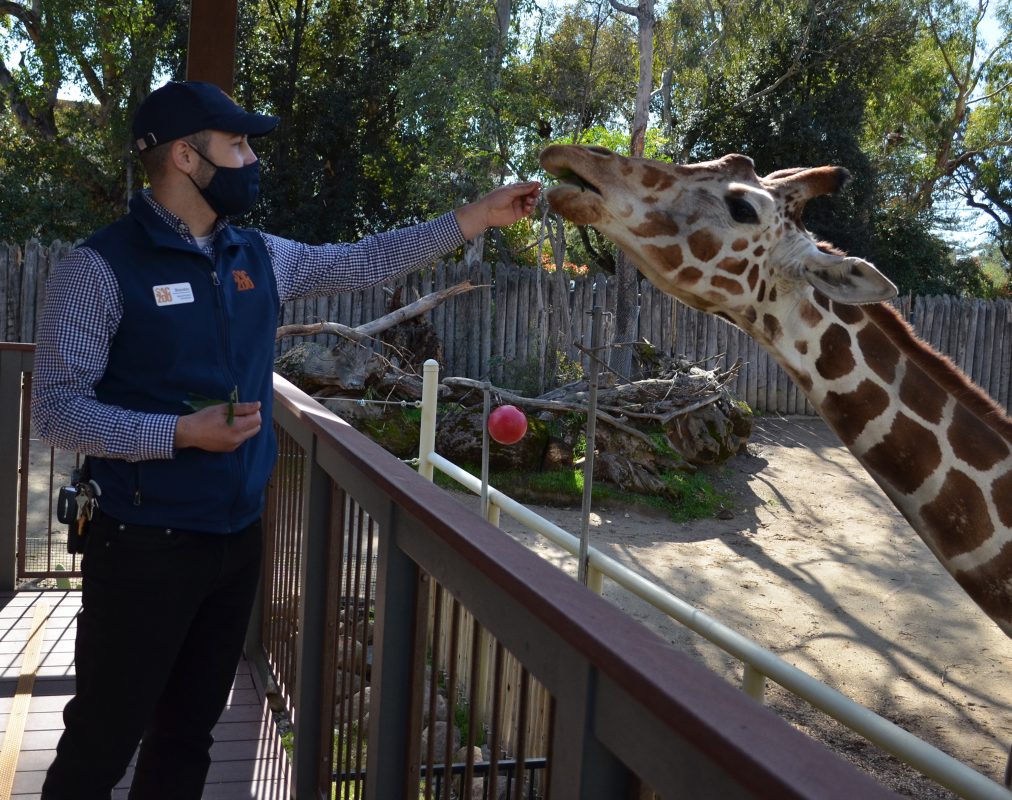
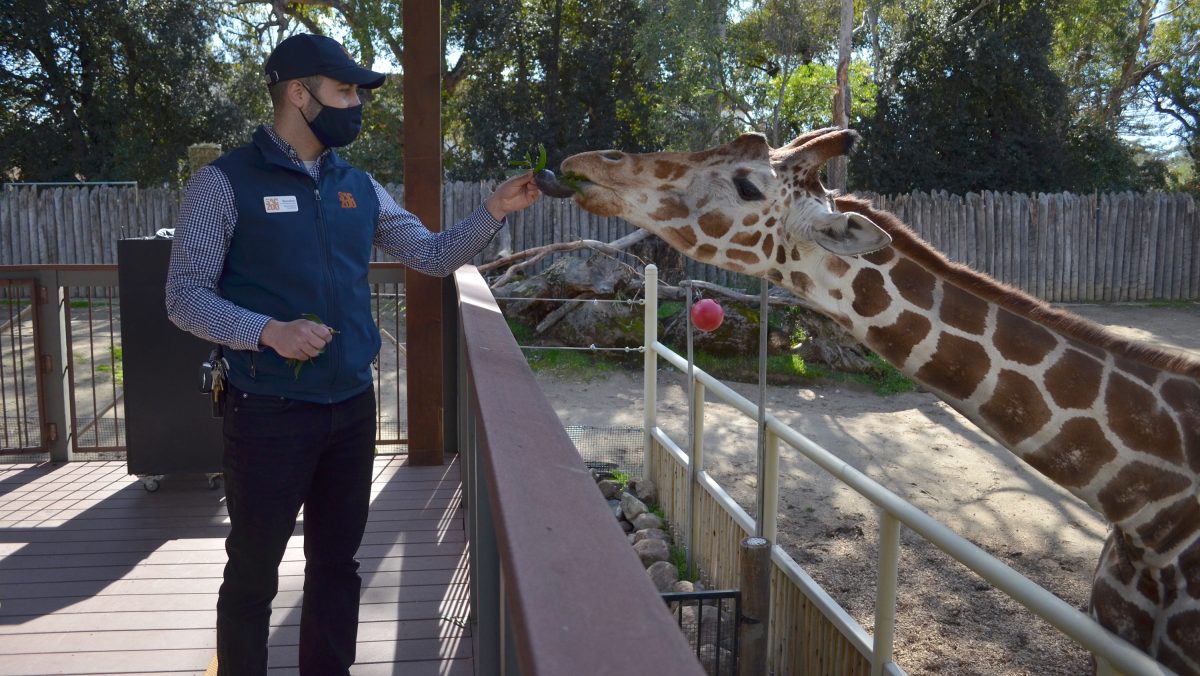

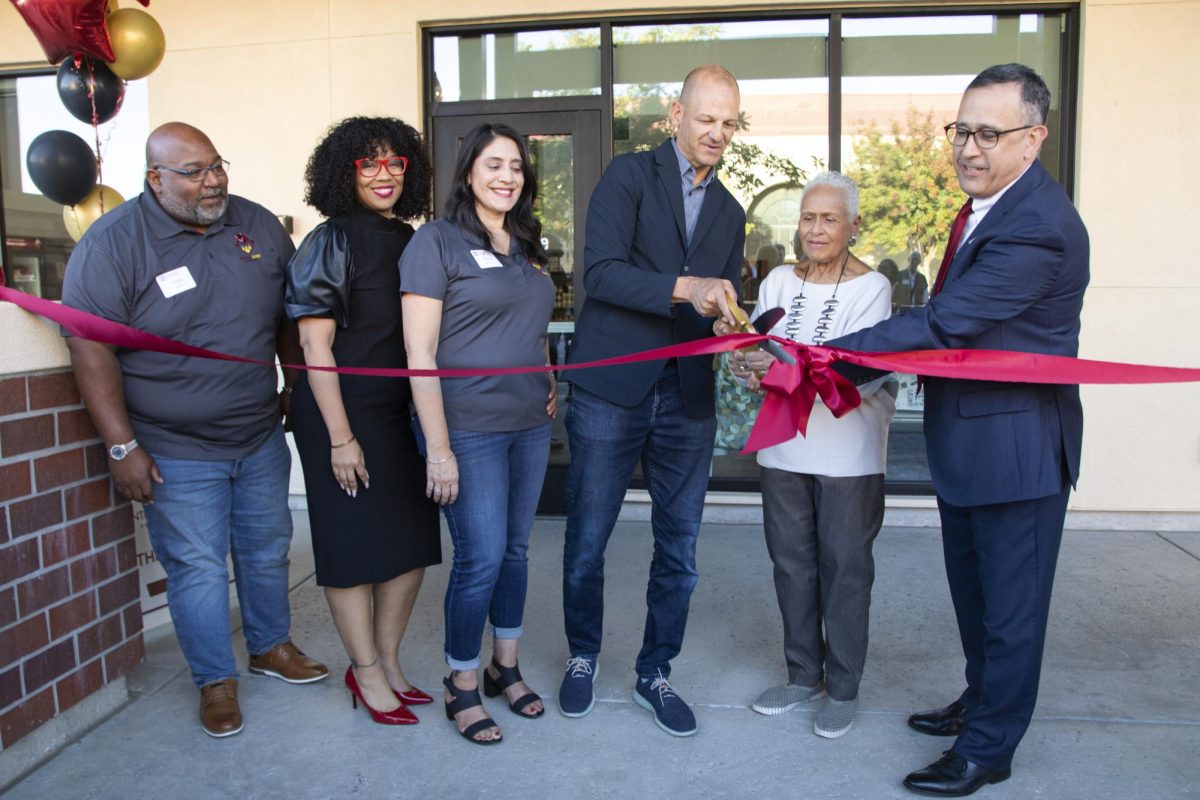
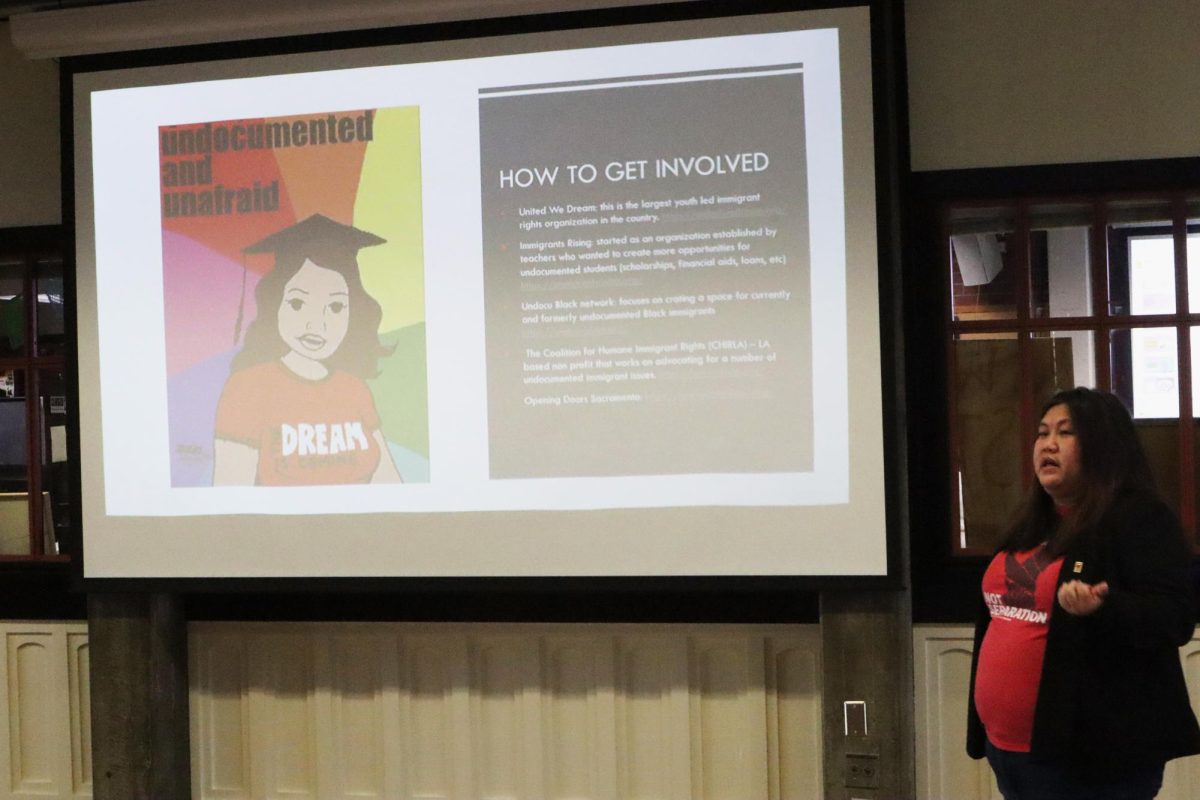
linda davis • Mar 17, 2021 at 7:45 am
Interesting article, makes One realize how much more there is to a zoo than what we see walking through the exhibit.